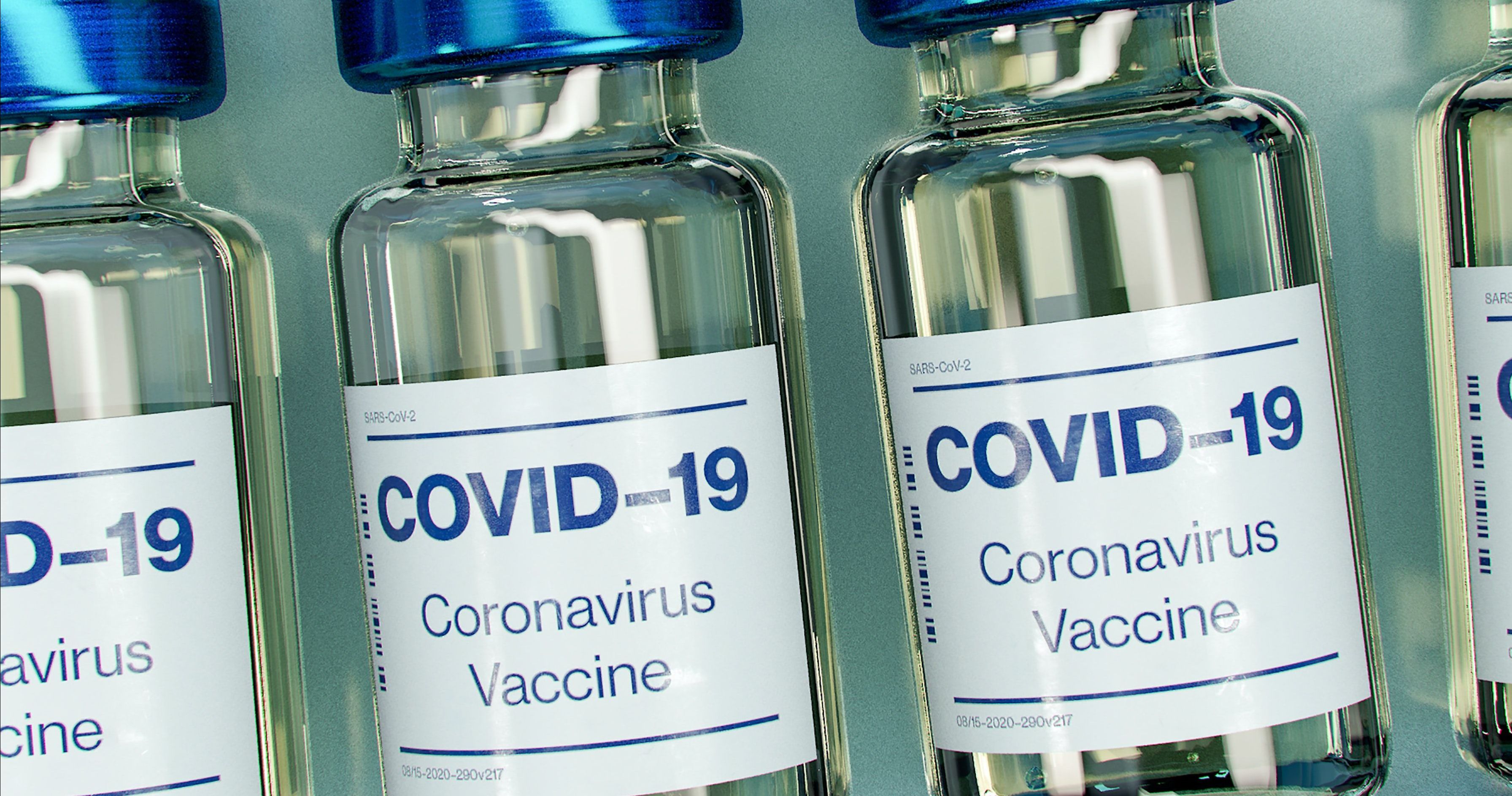With the fast-tracked pace of the COVID-19 vaccine development, most people around the world haven’t had ample time to learn how the vaccine works. This situation has understandably led the public to be more cautious than usual about the potential risks posed by the newly approved COVID-19 vaccines. Having said that, the natural question in the minds of the wider public is; how much do we trust COVID-19 vaccine’s safety? Let’s have a deeper look at how the vaccines work and the potential risks they might pose.
The Technology Might be New - but with a long Scientific History
All the COVID-19 vaccines that have been approved are messenger RNA vaccines. RNA is a molecule that aids in performing and regulating various functions in the human body. There’s no denying that messenger RNA vaccines (mRNA) are relatively new to vaccine development. However, the scientific world has been studying the technology for decades in vaccine development trials focused on other viruses like the flu, Zika, and rabies.
A key advantage with mRNA vaccine technology is that it allows scientists to rapidly apply a uniform mRNA technology to develop new vaccines as new viruses emerge. Consequently, scientists can easily tailor the mRNA vaccine template to a specific disease and develop new vaccines a lot faster. This is why the current COVID-19 vaccines were developed within a very short time, and also why rapid testing near me (or testing near you) has been developed so fast. Scientists already had the technology they needed - it just needed to be tailored to work for COVID-19.
How Safe are the COVID-19 Vaccines?
Based on the previous research that has been carried out for other mRNA vaccines, scientists have been able to polish the science that backs this class of vaccines. Scientists have also been able to address several challenges like ensuring the body does not experience serious adverse side effects. If you still have concerns about the vaccines, consider reaching out to a house call doctor in Atlanta. They offer longer appointments so you can feel confident your questions are being fully answered instead of getting rushed explanations.Generally, all the clinical trials for the currently approved and pending COVID-19 vaccines have been found to be safe.
National regulatory bodies in different countries across the world insist that despite the exceptionally fast pace of vaccine development, pharmaceutical companies haven’t cut any corners. Regulatory bodies have reviewed data from pharmaceutical companies involved in the COVID-19 vaccine development. They’ve found that all the vaccines that were first to gain approval, along with those pending approval in the near future, are between 70% and 95% effective when it comes to preventing symptomatic COVID infection.
What are the Potential Risks?
In particular, none of the trials undertaken on the three major vaccines to receive approval, by Oxford/AstraZeneca, Pfizer/BioNtech and Moderna, have been found to have any serious side effects. With millions of people around the world already having received all the three doses of the vaccines, only a small number of people developed severe allergic reactions. In many cases, those who developed serious allergic reactions had a history of severe allergies as well as short-term and minor pains and aches associated with several long-established vaccines.
In summary, it is obvious that the COVID-19 vaccine development process has happened at breakneck speeds for all the currently approved vaccines and those that are pending approval. But the good news is that they have not skipped any steps in the development process and the clinical trials. All the vaccines have been found to be generally effective without any serious side effects.

